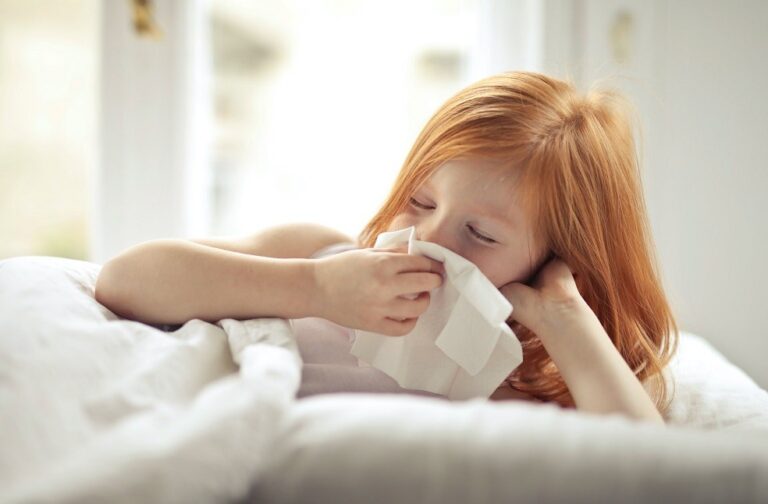United States: A new study has stated that children with allergic conditions, such as eczema and hay fever, may be prone to developing other allergic conditions in the future.
The study, published in the journal Paediatrics, analysed the electronic medical records of nearly 220,000 children in the US who were screened between 1999 and 2020. The results provide evidence for a recognised trend called the allergic march, a natural progression of allergy-related diseases from infancy through childhood, at the largest scale yet.
“If a child is diagnosed with one form of allergy, their likelihood of developing a second form is much higher than the general population,” Dr. David Hill, a paediatric allergy expert at the University of Pennsylvania and one of the study’s authors, commented.

The study observed that atopic dermatitis, also known as eczema, was the first allergic condition to manifest, appearing in more than 10 percent of the children studied, typically at around 4 months of age. Subsequently, at approximately 13 months old, there was a peak in the development of anaphylactic food allergies and asthma in young children, with asthma affecting over 1 in 5 children.
At a little over 2 years old, the researchers found high rates of acute rhinitis, or hay fever, in 19.7 percent of kids. By 35 months, a few would go on to develop eosinophilic esophagitis, a rare allergic condition that causes inflammation in the oesophagus, as the fifth step along the allergic march.
“This is the first national study done with patient health care data to show that the allergic march is occurring on a national level,” Mr. Hill noted.
“These conditions really have a dramatic impact on the lives of children.Children with allergies are more likely to get worse grades in school and to miss school. They are more likely to have anxiety. Food allergies can actually lead to eating disorders,” the researcher added.

Typically, most large-scale research on allergies uses surveys sent to parents. But according to Mr. Hill, that approach can create errors. Unlike health care professionals, parents might not be certain what allergies their children might have, potentially mistaking lactose intolerance for a more serious allergy, for instance.
“Pulling data from records maintained by health care providers could help improve accuracy,” Mr. Hill further remarked. The new study also found that the frequency of food allergies in kids is half of what has been reported before, a discrepancy that the researcher attributes to errors in survey-based studies.



